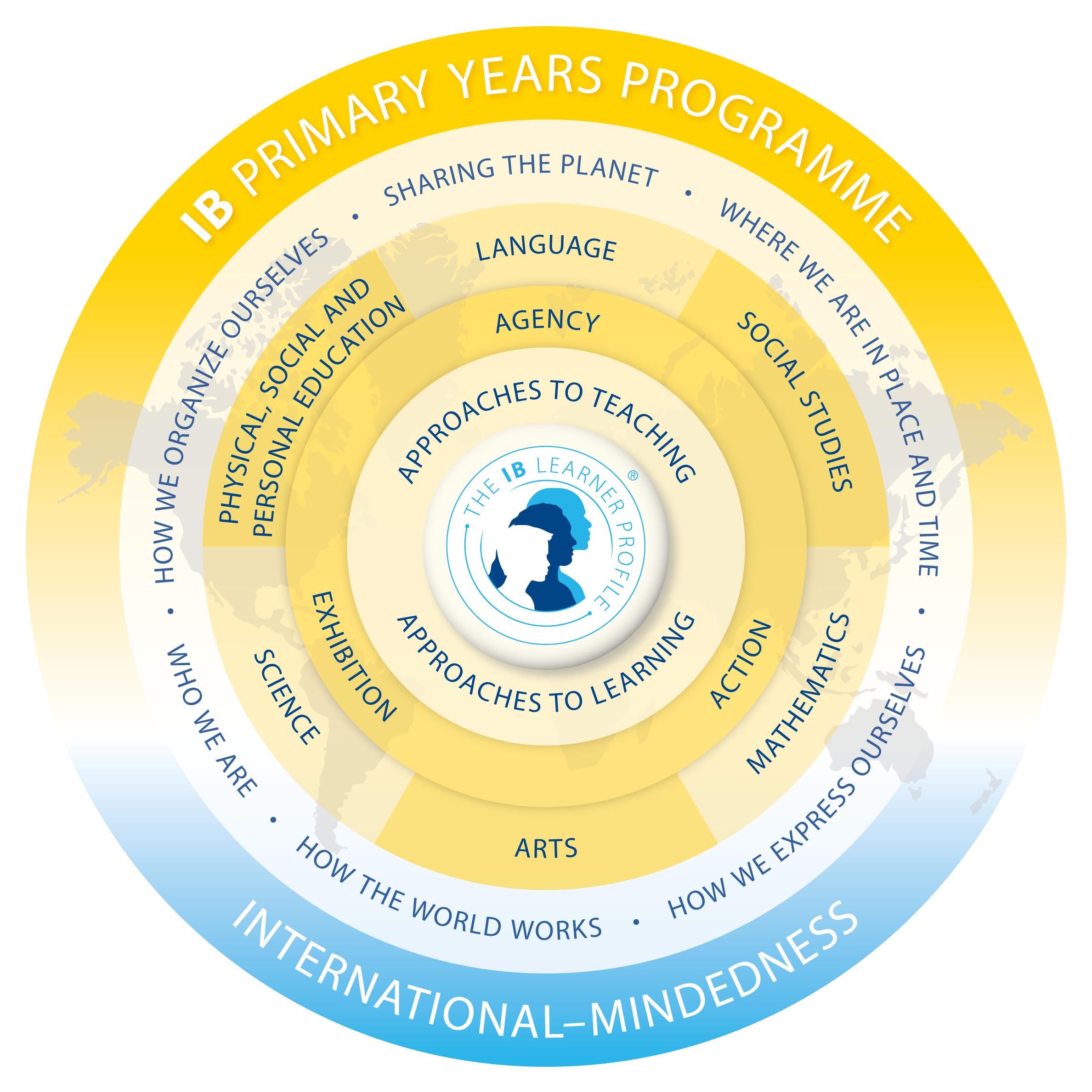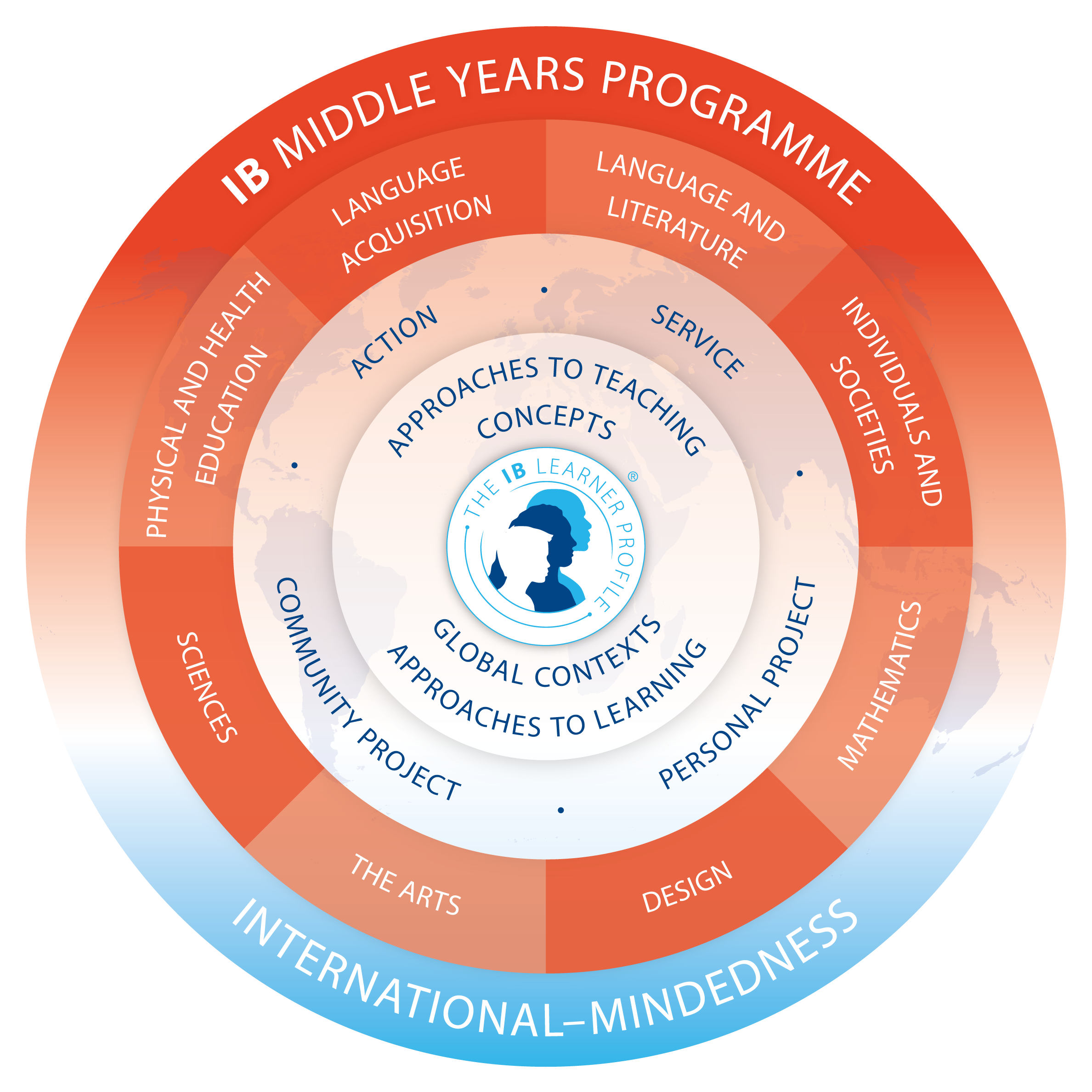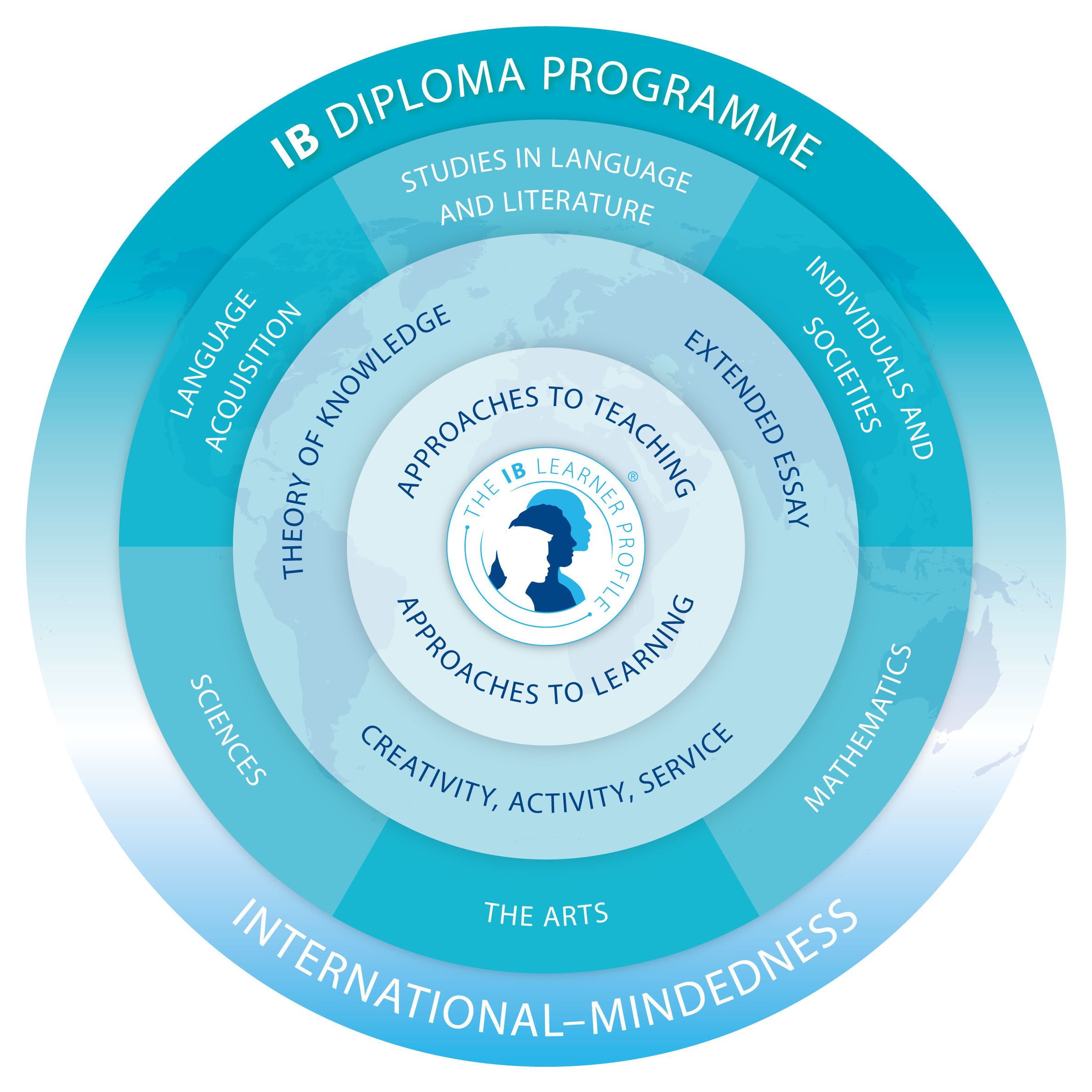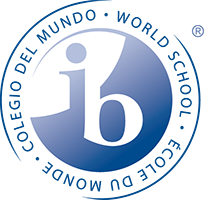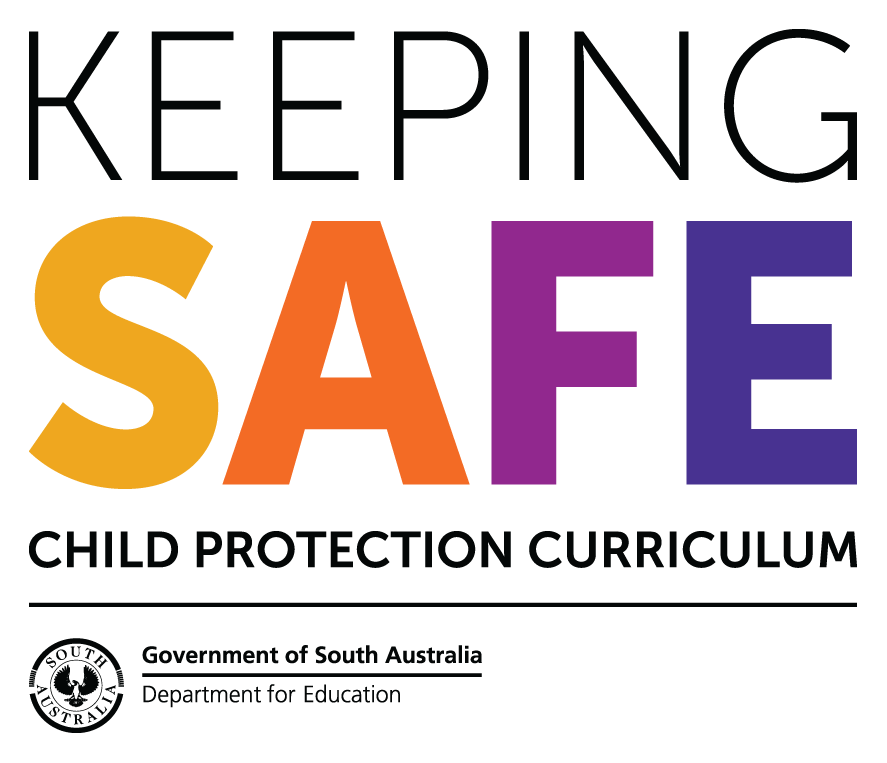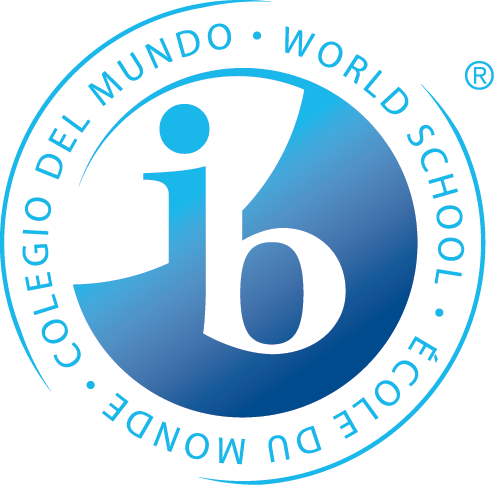
Education for a Better World
The International Baccalaureate aims to develop inquiring, knowledgeable and caring young people who help to create a better and more peaceful world through intercultural understanding and respect.
To this end, the organization works with schools, governments and international organizations to develop challenging programmes of international education and rigorous assessment.
These programmes encourage students across the world to become active, compassionate and lifelong learners who understand that other people, with their differences, can also be right.
IB Mission Statement
The International Baccalaureate was founded over 48 years with the aim of “creating a better, more peaceful world” through education. Today the IB is taught in 143 countries to more than 1,250,000 students. TISA is proud to be the most experienced IB school in Azerbaijan, having offered IB Primary Years and Middle Years Programmes since 1999 and the IB Diploma Programme since 2001.
Why choose an IB education for your child?
The IB Programmes are:
-
Holistic: The IB curriculum builds both character and academic skills, supporting your child from the ages of 3 to 19.
-
Research Based: An independent, not-for-profit organization, the IB curriculum responds directly to current educational research from a range of cultures around the world.
-
Authentic: All three programmes require that students act on what they learn outside of the classroom.
-
Challenging: Culminating in the widely recognized Diploma exams, the IB curriculum is learner-focused allowing teachers in all three programmes to differentiate and stretch students to their potential.
-
International: International-mindedness is at the heart of all three programmes, helping students to become confident in their own culture by appreciating and respecting the cultures of others.

